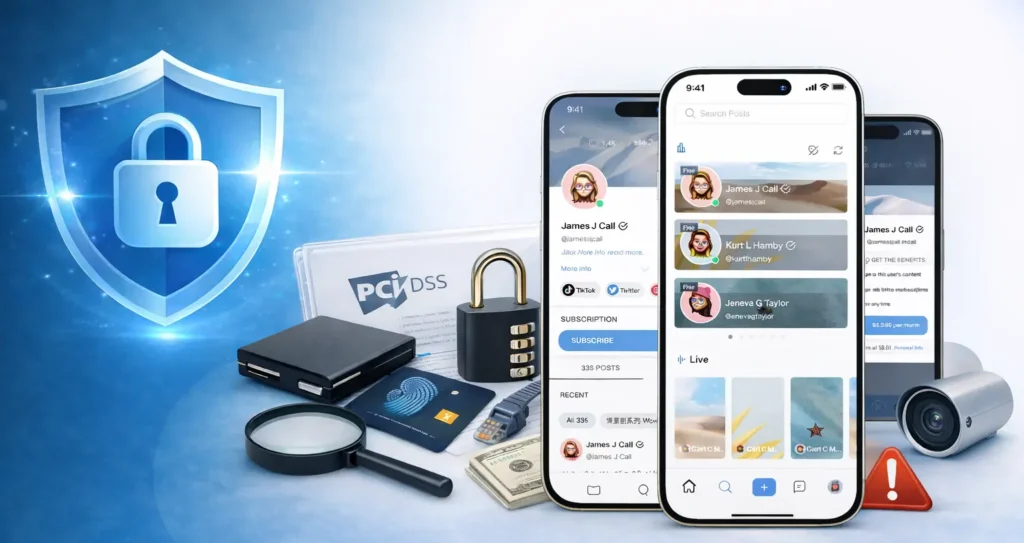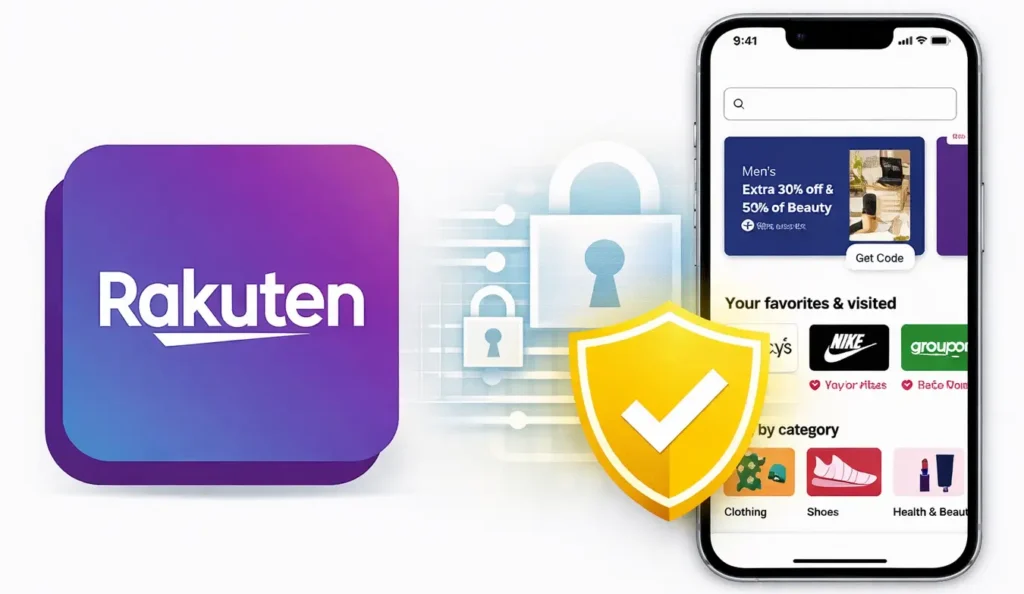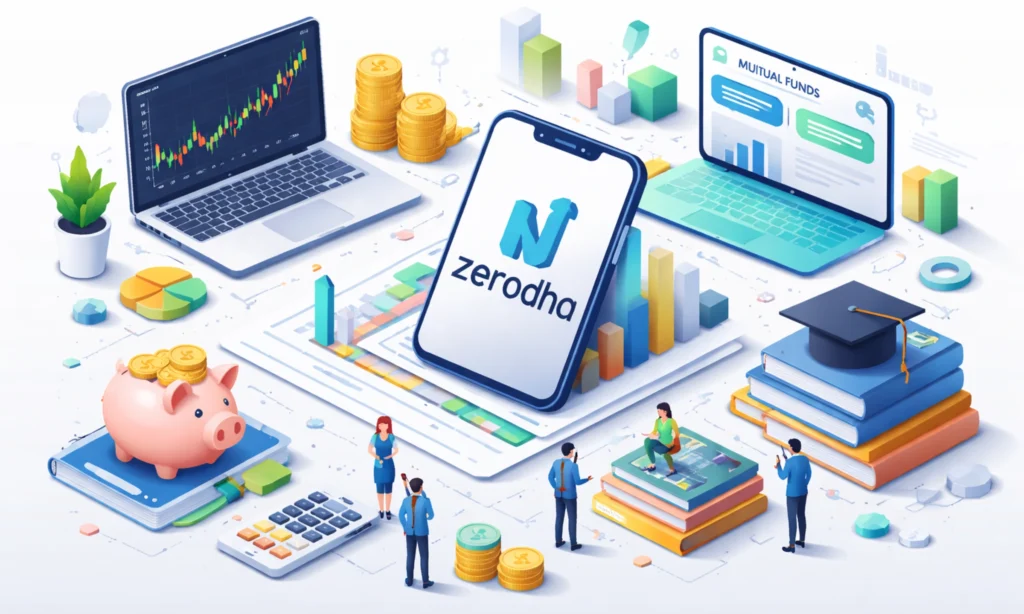Let’s be real — launching your AI chatbot platform felt like conquering Everest in flip-flops, didn’t it? Endless sprint cycles, late-night debugging, maybe even a few coffee-fueled existential crises. But now that your bot is live, there’s one big, scary question hovering over your dashboard like a chatbot ghost: “How the heck do I get people to use this?”
You’re not alone. A jaw-dropping number of startups pour their hearts (and wallets) into building genius apps, only to whisper-launch them into the digital void. The truth? A killer launch is just Act One. To win the long game, your marketing strategy needs the same love your backend got — maybe even more. Spoiler alert: going viral isn’t a strategy; it’s a fluke.
If you’re wondering how to market your AI chatbot like a pro — and maybe rake in users without burning your budget — you’re in the right place. Miracuves, the brains behind some of the smartest app clones in the game, knows what it takes to scale post-launch success.
Why AI Chatbot Marketing is a Whole Different Beast
Marketing an AI chatbot isn’t the same as pushing a photo filter app or a meditation timer. You’re not just selling an app — you’re selling conversation, intelligence, and trust. This means users need a reason to talk and keep talking.
Think of it this way: a great chatbot is like a charming party host. But if no one shows up to the party, it doesn’t matter how good the playlist is.
Plus, the competition is fierce. From WhatsApp bots to Slack assistants and Shopify plug-ins — every platform is trying to capture attention in micro-moments. And guess what? Those micro-moments can become major revenue when you nail your post-launch strategy.
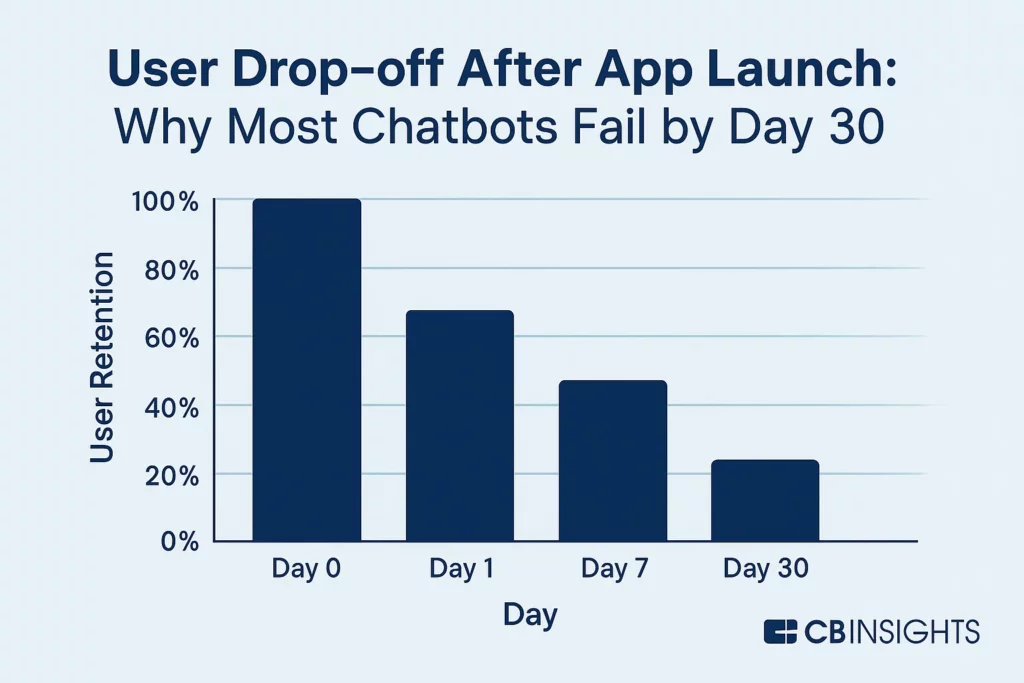
Also Read :-Most Profitable AI Chatbot Apps to Launch in 2025
Top Strategies to Market Your AI Chatbot Platform After Launch
1. Nail Your Positioning First
Before you even think about ads or TikToks, get crystal clear on:
- Who you’re for (freelancers? HR teams? Shopify sellers?)
- What problem you’re solving (customer service fatigue? onboarding churn?)
- Why your chatbot is different (voice tone, AI engine, integrations?)
Positioning is the compass. Without it, all marketing is noise.
2. Make Your Onboarding Irresistible
You’ve got 5 seconds to impress. If your first user flow feels clunky or confusing, folks will ghost you faster than an awkward Tinder match.
Tips:
- Use in-app tooltips or walk-throughs
- Let them test it live before signing up
- Showcase use cases by vertical (e.g., “Try this chatbot for Shopify support”)
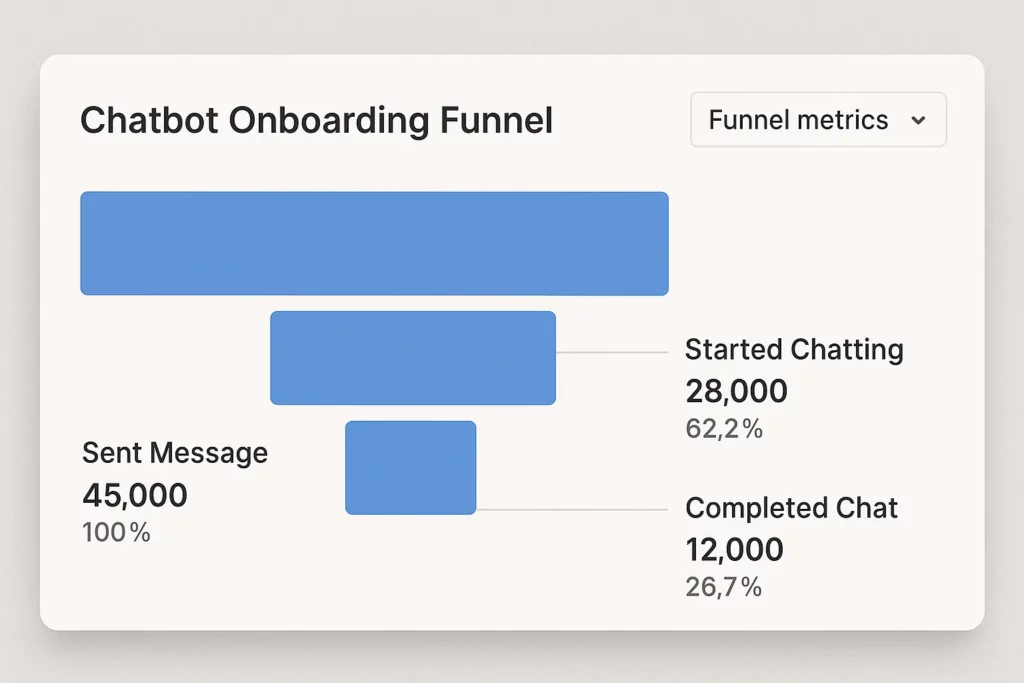
3. Tap into Niche Communities
Forget broad blasts. The gold is in niche communities:
- IndieHackers
- Reddit subs like r/SaaS or r/startups
- Slack groups (SaaS Alliance, FoundersCafe)
- LinkedIn AI creator circles
Share your journey. Offer free trials. Ask for feedback. The key here? Don’t sell. Connect.
4. Build Viral Loops Inside the Bot
You want your users doing the marketing for you.
How? Add viral hooks:
- Shareable chat transcripts
- Referral discounts
- Invite-a-friend gamification
Example: Your user gets $10 credit if a friend signs up and uses the chatbot for 7 days.
5. Leverage Integrations as Marketing Channels
Integrated with Slack? Shopify? HubSpot?
That’s not just product depth — it’s distribution. Market your bot in those ecosystems:
- Get listed in App Stores (Slack, Microsoft Teams, Shopify App Store)
- Co-market with plug-in partners
- Offer pre-made templates tailored to those platforms
Pro Tip: Build a Zapier integration — and market it on their huge app directory.
Learn More :-AI Chatbot Platform Business Models: From Idea to Income
6. Use Content Like a Launchpad
Content marketing isn’t just blogs anymore. Try:
- Demo videos on YouTube
- AI vs Human challenge shorts on Instagram Reels
- Behind-the-scenes builds on Twitter/X
- Thought leadership on LinkedIn
Let your bot show off its personality.
7. Run Strategic Paid Campaigns (Smart, Not Spray & Pray)
Instead of blowing your budget on generic ads, test micro-campaigns:
- Retarget site visitors on Facebook or Instagram
- Use Google Search Ads with pain-point keywords (e.g., “reduce support tickets fast”)
- Run $50 Reddit campaigns in niche subreddits
Always track CAC vs LTV. And don’t forget landing pages — each ad should point to a use-case-specific destination, not your homepage.
8. Partner Up with Influencers & Micro-Creators
AI is hot. So is creator marketing. Collaborate with:
- SaaS reviewers
- Tech TikTokers
- Startup newsletters (like Product Hunt Daily or IndieStack)
Offer them affiliate links or early access perks in exchange for buzz.
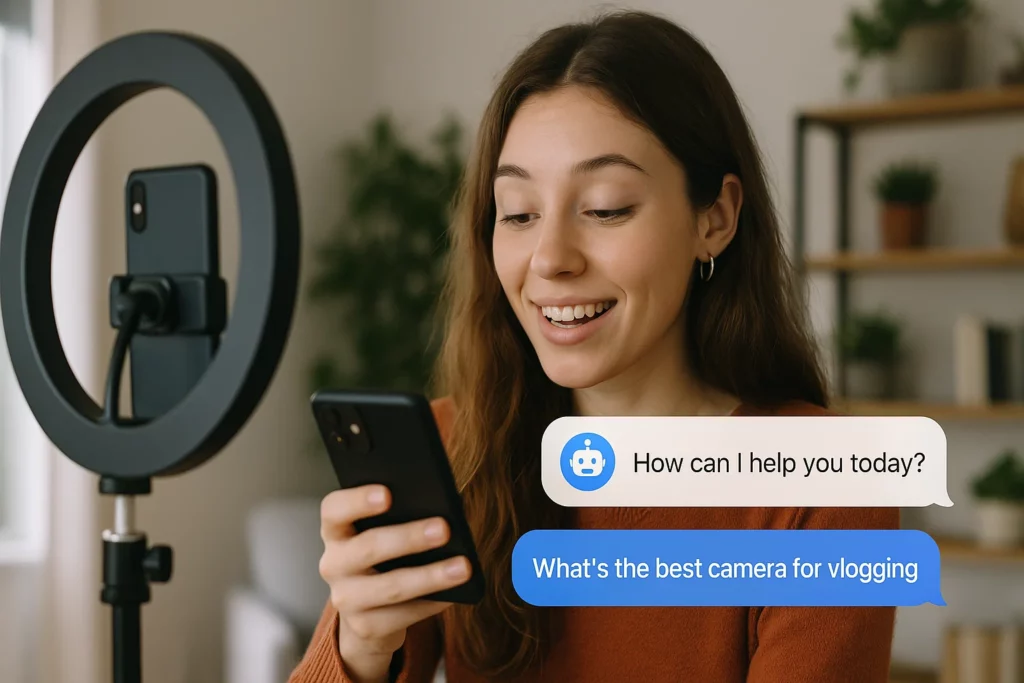
Built Something Amazing? Market It Like a Pro with Miracuves
We get it. Post-launch marketing can feel like juggling flaming swords. But it doesn’t have to be overwhelming. When you build your AI chatbot with Miracuves, you’re not just getting a product — you’re getting a growth-ready engine packed with the features modern users (and marketers) love.
From viral loops to monetization funnels, we bake in the stuff that fuels user growth — so you can focus on scaling.
Read More :-How to Monetize an AI Chatbot Platform: Proven Revenue Models for Digital Entrepreneurs
Conclusion
Launching your AI chatbot was just the start. Now’s the time to turn your tech into traction. Position smart. Promote clever. And above all, make it stupid-easy for users to fall in love with your platform.
At Miracuves, we help innovators launch high-performance app clones that are fast, scalable, and monetization-ready. Ready to turn your idea into reality? Let’s build together.
FAQs
What’s the best first step after launch?
Focus on onboarding. If users get value fast, they’ll stick around — and maybe even tell a friend.
How much should I spend on marketing?
Start lean. Spend $100–$300 testing different channels. Double down on what performs best.
Can I market a chatbot without a big team?
Absolutely. Use low-code tools, automate outreach, and join communities. Guerrilla marketing works.
Should I be on Product Hunt?
Yes, but prep your campaign properly. Launch with a video, testimonials, and community support.
What KPIs should I track?
Activation rate, retention (day 7/30), CAC, LTV, and referral rate.
How soon can I see growth?
Some bots take off in days. Others need months of tweaking. The key is consistency and listening to users.





